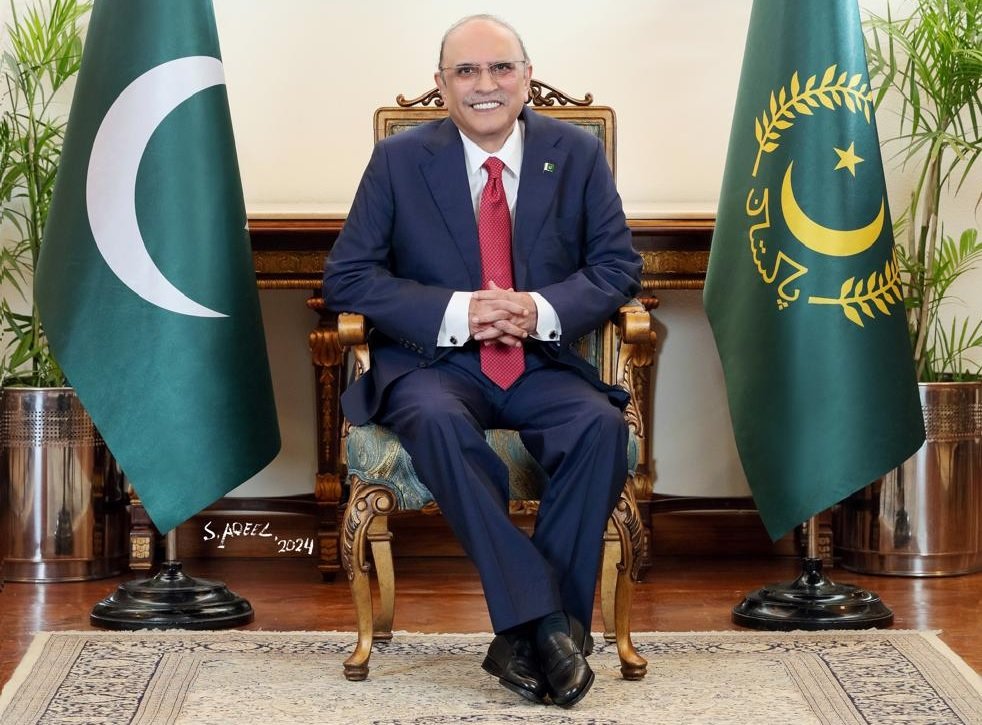December 25, 1876, marks the birth of a great personality, whose contributions to the Muslims of South Asia in the form of Pakistan will always be remembered as a monumental blessing. This is a blessing whose significance will only grow with each passing moment. Allama Iqbal chose this visionary leader for the Muslims’ leadership at a time when he had become disillusioned with politics and settled in England. Allama Iqbal’s choice for the leadership of Muslims became a special mercy of Allah for the Muslims of the subcontinent.
Look at the good fortune of the Muslims of India, for at a critical juncture in history, Quaid-e-Azam respected the opinion of the philosopher-poet and, upon returning, agreed to take up the leadership of the Muslims. Thus, the nation, wandering in the darkness of despair, found its caravan leader, without whom the dream of Pakistan would not only have been impossible to realize but extremely difficult.
When a student of history reflects on the qualities of Quaid-e-Azam Muhammad Ali Jinnah, they are left in awe and realize that when a nation is blessed, it is granted a leader like Muhammad Ali Jinnah. Quaid-e-Azam Muhammad Ali Jinnah was the living embodiment of Allama Iqbal’s verse:
“A lofty vision, a heart-warming speech, and a burning passion for the soul,
This is the essential luggage of the leader of the caravan.”
He was a visionary, perceptive, and astute leader. He was the kind of leader who understood the plight of the Muslims in undivided India and saw with his innate insight the challenges that the Muslims of India would face. His powerful and captivating speeches were filled with a deep compassion for the nation, stirring a passion for an independent homeland that spread from Khyber to Raskomari. The majority of Muslims accepted him as their devoted and sincere leader, and he became the heartbeat and the center of their hopes.
Whether he spoke in Urdu or English, dressed in a suit or a sherwani, every Muslim saw him as a true and compassionate figure. His every gesture was admired by the majority of Muslims, and his leadership unified Muslims who had been divided by centuries of caste, creed, region, and sect. Under his leadership, Muslims saw a beacon of light guiding them toward the creation of Pakistan, their long-awaited dream.
His charismatic personality captivated every segment of Muslim society. From the common man to Sheikh-ul-Islam Shabbir Ahmed Usmani, Pir Jamaat Ali Shah, Muslim rulers, landlords, farmers, students, traders, and both civil and military officers, all regarded him as their savior and Quaid-e-Azam, recognizing his wisdom and sincerity. History’s student is left in awe when examining his unprecedented success, realizing how fate led to the emergence of Muhammad Ali Jinnah, born in the non-political family of Jinnah, who became India’s greatest and most astute politician. He understood both the British and Hindus, recognizing that, despite their internal conflicts, they both stood united against the Muslims’ demand for an independent homeland.
He cleverly turned their discord into his strength and, whenever the Congress tried to politically benefit from the British, he extended a hand of cooperation toward the stronger adversary to ensure the Muslims’ interests were advanced. During World War II, when Congress declared neutrality and launched the Quit India movement, Quaid-e-Azam exhibited remarkable political maturity by making a historic decision, extending cooperation to the British and simultaneously demanding, “Divide and quit India,” which determined the course of the Muslim nation in India.
During the entire period of World War II, the Congress leadership languished in prisons, while Quaid-e-Azam continued to organize the Muslim League and awaken the Muslim masses. As a result, after the war ended, he was in a position to demand the creation of an Islamic state, a vision dreamt by Allama Iqbal and formalized by the Lahore Resolution as the Muslim League’s ultimate goal.
The journey of Muhammad Ali Jinnah to becoming Quaid-e-Azam is a beacon for future leaders, showing how a visionary leader, despite all challenges, shapes the course of history according to his ideals. He was never a victim of intellectual stagnation; he understood the pulse of time and gave purposeful direction to his nation’s emotions. He made his people aware of the consequences of the Congress’s political maneuvers, and through complete arguments, he made Muslims realize the deceptive desire for a “Ram Raj” hidden behind the Congress’s nationalism.
As a result, Muslims rejected the Congress’s deceit, and, as a community, made it clear to the British and Hindus that the Muslim League was their true representative party. Thus, with Quaid-e-Azam’s foresight and tireless efforts, a determined nation emerged, and Pakistan came into being.
Director, The Europe Today














